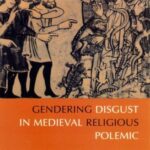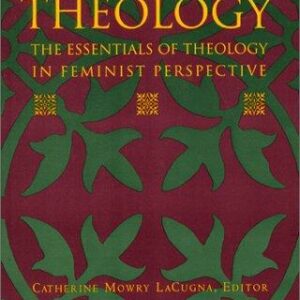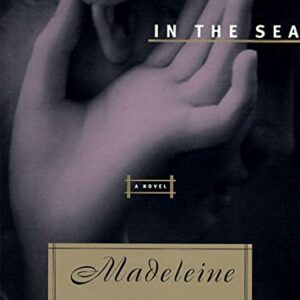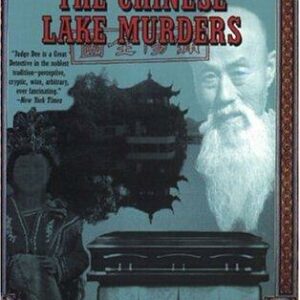Gendering Disgust in Medieval Religious Polemic
$45.00
| Title | Range | Discount |
|---|---|---|
| Trade Discount | 5 + | 25% |
- Description
- Additional information
Description
Foul smell, bodily fluids and states, and animals were employed by these religious communities as powerful tropes, which they used to mark their religious opponents as sinful, filthy, and unacceptable. By defining and denigrating the religious “other,” each group wielded bodily insult as a means of resistance, of inciting violence, and of creating community boundaries. Representations of impurity or filth designed to inspire revulsion served also to reassure audiences of their religious and sometimes physical superiority and to encourage oppressive measures toward the minority.
Yet, even in the midst of opposing one another, their very polemic demonstrates that Jews, Christians, and Muslims held basic cultural assumptions and symbols in common while inflecting their meanings differently.
“Alexandra Cuffel’s bold study interprets the inter-religious polemic of medieval Jews, Christians and Muslims in the context of late-antique disgust for the body, especially the female body, shared by all three traditions. This will be a very influential book for medievalists in many fields.” —E. Ann Matter, University of Pennsylvania
“With Gendering Disgust in Medieval Religious Polemic, Alexandra Cuffel has produced a remarkably original, ambitious, and important book that sets the agenda for future discussions.” —Peter Biller, University of York












